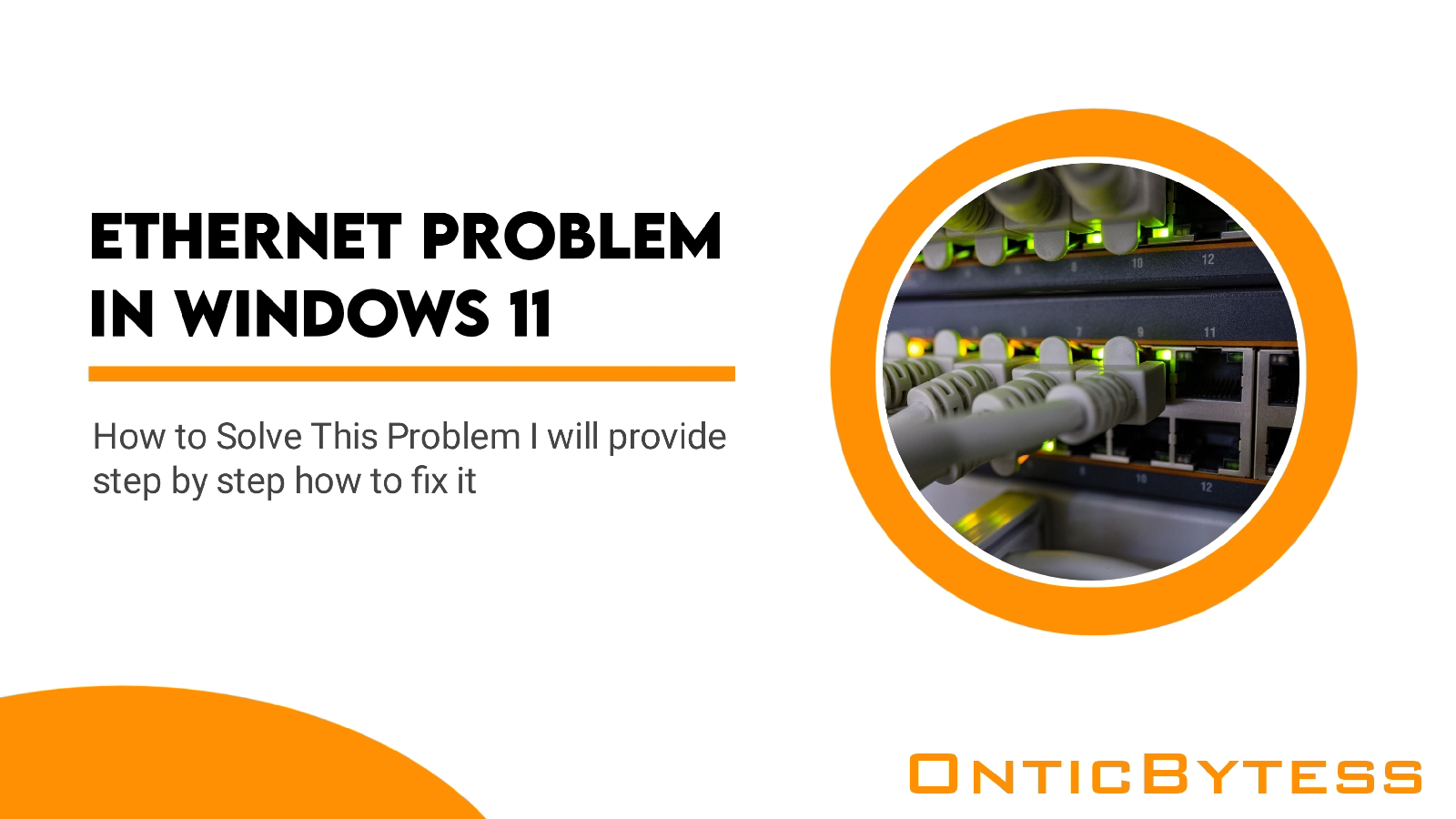Advice before joining health insurance
Before buying health insurance, here are some tips to consider:
1. Assess your needs:
Determine the type of coverage you need based on your health, medical history, and lifestyle. Consider factors like deductibles, copays, and disbursements.
2. Search options:
Research different insurance companies and plans to find the one that best suits your needs. Consider coverage, costs, carrier networks, and customer reviews.
3. Compare packages:
Compare the benefits and costs of different plans to see which offers the best value. Check premiums, deductibles, and copays and see how they will affect your finances.
4. Check out the provider network:
Make sure the plan you choose includes the doctors and hospitals you want. If you have a preferred doctor or specialist, make sure they are part of a network to avoid higher payouts.
5. Understand the terms:
Make sure you understand the policy's terms and conditions, including coverage limits, exclusions, and pre-existing conditions. Know what is covered and what is not, to avoid surprises later.
6. Cost considerations:
Health insurance can be expensive, so consider the cost of the policy before making a decision. View premiums, deductibles, and copays to see how much you'll have to pay out-of-pocket.
7. Consider the benefits:
Check out the benefits offered by the plan, such as preventive care, prescription drugs, and mental health services. Make sure the plan includes the services you need.
8. Learn the policy renewal process:
Be aware of the policy renewal process and any changes that may occur. Be sure to review your policy annually to make sure it still meets your needs.
Overall, take the time to research and compare health insurance options to find the one that best suits your needs and budget.
Types of health insurance.
There are several types of health insurance plans available. Here are some of the most common types:
1. Health Maintenance Organization (HMO):
HMO plans typically have lower out-of-pocket costs, but require that you choose a primary care doctor and seek care only from network doctors and hospitals.
2. Preferred Provider Organization (PPO):
PPO plans let you see any doctor or specialist you want, but you'll pay less if you use network providers.
3. Point of Service (POS):
POS packages are a combination of HMO and PPO packages. You will need to choose a primary care doctor, but you can always see out-of-network doctors at a higher cost.
4. Sole Supply Organization (EPO):
EPO plans are similar to PPO plans, but you'll need to choose network providers for coverage.
5. High deductible health plan (HDHP):
HDHP plans typically have lower premiums, but require you to pay a higher deductible before coverage begins. These plans are often combined with a Health Savings Account (HSA).
6. Disaster Health Program:
Disaster insurance plans are designed to provide coverage in the event of major medical events, such as serious injury or illness. These plans have lower premiums, but higher deductibles and out-of-pocket costs.
It's important to note that each plan will have different levels of coverage and benefits, so it's important to carefully review the details of each plan before making a decision.
Conclusion
In summary, before buying health insurance, it's important to assess your needs, research options, compare plans, check providers' networks, understand terms, see Consider costs, consider benefits, and understand the policy innovation process. There are different types of health plans available, such as HMO, PPO, POS, EPO, HDHP, and disaster plans, each with their own coverage and benefits. By taking the time to research and compare plans, you can find the best health plan for your needs and budget.



